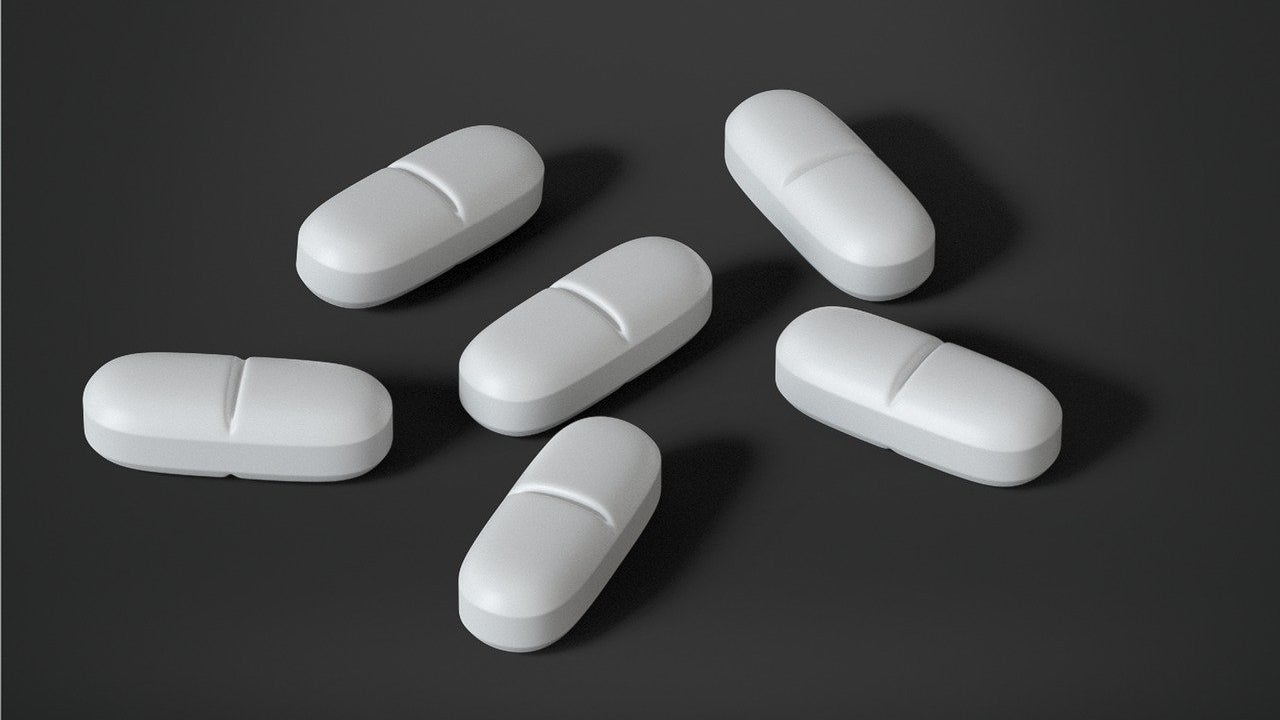
Dicerna Pharmaceuticals has reported positive interim data from its ongoing PHYOX3 trial of investigational drug candidate, nedosiran, for the treatment of three known types of primary hyperoxaluria (PH) – PH1, PH2 and PH3.
Nedosiran is an investigational RNAi drug candidate that uses Dicerna’s GalXC RNAi technology platform.

Discover B2B Marketing That Performs
Combine business intelligence and editorial excellence to reach engaged professionals across 36 leading media platforms.
It can potentially prevent the lactate dehydrogenase (LDH) enzyme that catalyses the final step in a common pathway resulting in oxalate overproduction in PH patients.
The open-label extension trial is evaluating nedosiran’s long-term safety and efficacy in participants with PH.
It will enrol participants aged six or above with PH1 or PH2 who took part in any previous PHYOX trial, as well as their siblings with PH aged between six to 18.
The trial’s primary endpoint will analyse the annual rate of decline in estimated glomerular filtration rate (eGFR), a measure of kidney function and nedosiran’s ability to preserve remaining kidney function.

US Tariffs are shifting - will you react or anticipate?
Don’t let policy changes catch you off guard. Stay proactive with real-time data and expert analysis.
By GlobalDataNedosiran’s long-term safety and effect on new stone formation, nephrocalcinosis, and the durability of reducing Uox levels will be analysed.
The drug’s potential to enable the gradual decrease or elimination of their disease management practices will also be assessed.
According to the interim analysis data from the ongoing trial, all 13 participants receiving nedosiran, achieved normal or near-normal urinary oxalate excretions at one or more timepoints.
The subjects had previously completed the PHYOX1 Phase 1 trial and reached Day 180 in the ongoing PHYOX3 trial.
Dicerna executive vice-president and chief medical officer Shreeram Aradhye said: “This is a promising outcome suggesting that nedosiran may meaningfully reduce hepatic oxalate overproduction, potentially slowing disease progression.
“We look forward to additional results from our ongoing PHYOX clinical development programme, including our pivotal PHYOX2 trial, to support our planned New Drug Application submission next year.”
Nedosiran was generally well tolerated with no serious safety concerns observed in the trial.





